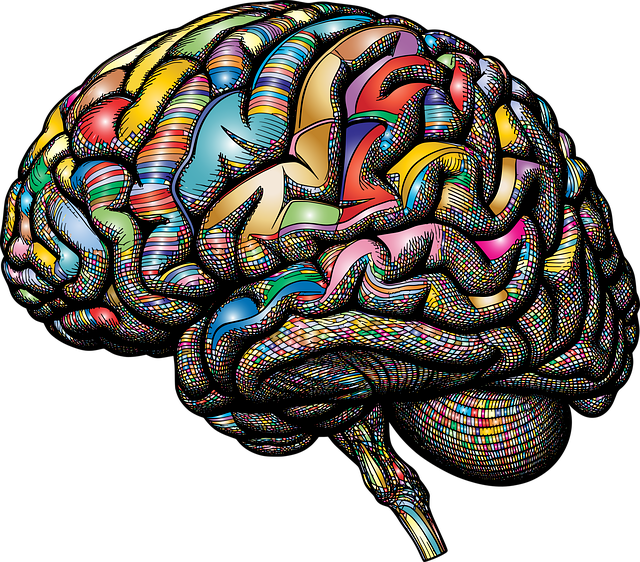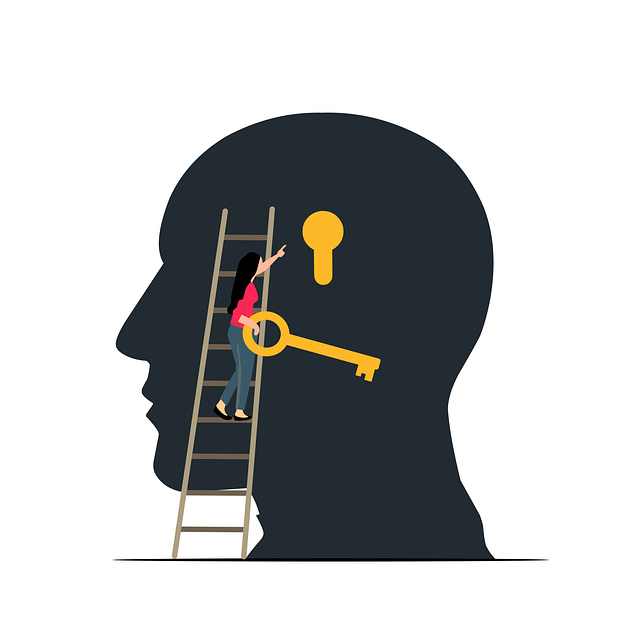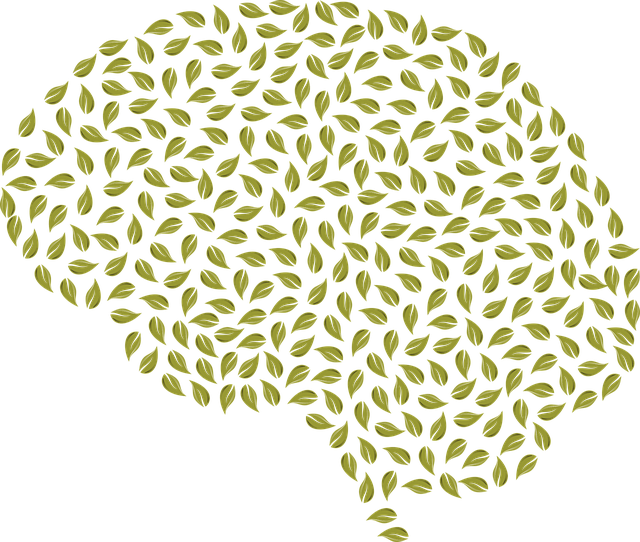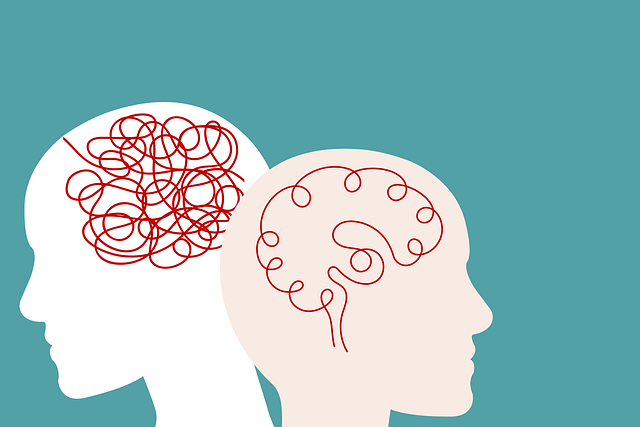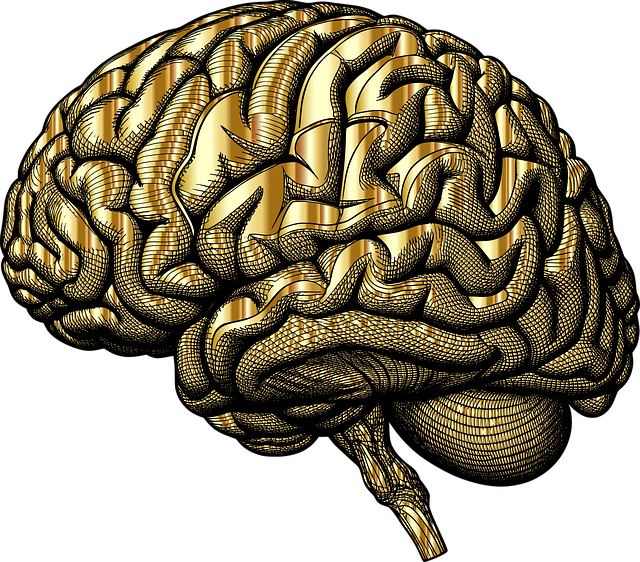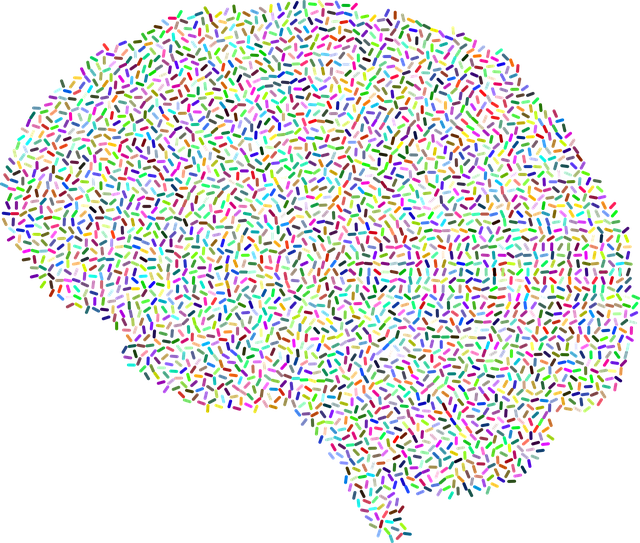Longmont Pain Management Therapy is revolutionizing mental health education by addressing misconceptions and stigma through tailored programs. They target diverse audiences, offering workshops, podcasts, and discussions that cover stress management, mindfulness, emotional regulation, and mental health policy analysis. By engaging individuals with personalized experiences and leveraging community partnerships, they foster a supportive environment for emotional well-being. Through robust assessment and feedback, the therapy center continually refines its content, ensuring programs are evidence-based, impactful, and accessible to all.
In today’s fast-paced world, mental health education is more critical than ever. This comprehensive guide explores the design of an effective program, addressing key aspects from demystifying mental health myths and stigma to tailoring content for diverse audiences. We delve into essential curricular frameworks, innovative implementation strategies, and robust assessment methods. By integrating best practices, this program aims to foster understanding and improve access to Longmont Pain Management Therapy, transforming lives and communities one educated individual at a time.
- Understanding Mental Health: Demystifying Common Myths and Stigma
- Identifying Target Audiences: Tailoring Education for Diverse Needs
- Curricular Framework: Essential Topics and Activities for Comprehensive Learning
- Implementation Strategies: Designing Engaging Sessions and Overcoming Challenges
- Assessment and Feedback: Measuring Impact and Continuously Improving the Program
Understanding Mental Health: Demystifying Common Myths and Stigma

Mental health is a complex and often misunderstood aspect of human life. Many misconceptions and myths surround it, leading to stigma and barriers in seeking help. Demystifying these issues is crucial for any educational program aiming to promote emotional well-being. Common myths include believing that mental illness is a sign of weakness or that individuals should simply “snap out of it.” These perceptions not only delay necessary support but also perpetuate the isolation experienced by many struggling with their mental health.
By providing accurate information, Longmont Pain Management Therapy can play a pivotal role in challenging these false notions. Educational programs should focus on defining mental health and illness, differentiating between normal emotional fluctuations and disorders, and emphasizing that seeking help is a sign of strength and self-care. Promoting positive thinking and teaching effective mood management techniques can be powerful tools within such programs, fostering an environment where individuals feel empowered to take charge of their emotional well-being.
Identifying Target Audiences: Tailoring Education for Diverse Needs

Identifying target audiences is a crucial step in designing an effective mental health education program. At Longmont Pain Management Therapy, we recognize that mental wellness varies greatly across different demographics and life experiences. Therefore, our educational initiatives are tailored to meet diverse needs, ensuring relevance and impact for everyone involved. This involves segmenting our audience into specific groups such as students, working professionals, seniors, and individuals dealing with chronic pain or trauma.
Each group brings unique challenges and requires a customized approach. For instance, students might benefit from workshops on stress management and resilience, while working adults could use guidance on work-life balance and burnout prevention. Emotional healing processes and mind over matter principles are integral to our programming, offering participants tools to navigate mental health challenges. Additionally, we explore creative formats like the Mental Wellness Podcast Series Production to engage a wider audience and cater to individuals who prefer auditory learning.
Curricular Framework: Essential Topics and Activities for Comprehensive Learning

A well-designed mental health education program should incorporate a robust curricular framework that covers a wide range of essential topics and activities. At its core, such a program must include comprehensive lessons on self-care practices and stress reduction methods tailored to individual needs. Participants in Longmont Pain Management Therapy would benefit from learning various coping strategies, mindfulness techniques, and emotional regulation skills. These can be taught through interactive workshops, group discussions, and hands-on exercises designed to foster practical application.
In addition to self-care, a thorough curriculum should delve into mental health policy analysis and advocacy. Students should understand the broader social and political context that impacts access to mental health services and support. By examining current policies and their implications, participants can develop critical thinking skills and become advocates for positive change. This component ensures that the program offers not just individual-level strategies but also a deeper understanding of systemic issues affecting mental well-being, potentially influencing future policy directions in Longmont Pain Management Therapy and beyond.
Implementation Strategies: Designing Engaging Sessions and Overcoming Challenges

Designing engaging sessions is a cornerstone of successful Mental Health Education Programs Design. To capture and maintain participants’ interest, incorporate diverse teaching methods such as interactive workshops, group discussions, and multimedia presentations. Personalized experiences that address common mental health challenges relevant to the local community can enhance participation and Community Outreach Program Implementation. For instance, a Longmont Pain Management Therapy workshop could offer insights into managing chronic pain, fostering a sense of camaraderie among participants facing similar issues.
Challenges often arise during Public Awareness Campaigns Development, including overcoming stigma and reaching diverse populations. To address these hurdles, leverage community partnerships with local organizations to amplify messages and cater sessions to different cultural needs. Utilize multiple communication channels, from social media campaigns to grassroots events, to ensure wide dissemination of information. By employing these strategies, mental health education programs can become dynamic, inclusive, and impactful initiatives that positively influence community well-being.
Assessment and Feedback: Measuring Impact and Continuously Improving the Program

Effective mental health education programs rely heavily on robust assessment and feedback mechanisms to measure their impact. This process involves tracking participant engagement, understanding learning outcomes, and gathering qualitative and quantitative data through various methods like surveys, interviews, and observations. At Longmont Pain Management Therapy, we utilize these insights to refine our Mental Wellness Podcast Series Production, ensuring content resonates with our diverse audience and promotes mental wellness.
Regular assessment allows us to adapt Communication Strategies based on needs, fostering continuous improvement. By actively listening to feedback, we can address knowledge gaps, enhance program effectiveness, and ultimately drive positive changes in mental health literacy. This iterative process is essential for creating engaging, impactful, and evidence-based educational initiatives that resonate with participants’ journeys towards improved mental wellness.
Mental health education programs play a pivotal role in fostering well-being, as demonstrated by successful initiatives like Longmont Pain Management Therapy. By demystifying mental health through tailored curricula and engaging implementation strategies, we can break down stigma and provide diverse audiences with essential coping tools. Continuous assessment and feedback loops are crucial for refining these programs, ensuring their effectiveness and impact on the community’s overall mental wellness.
